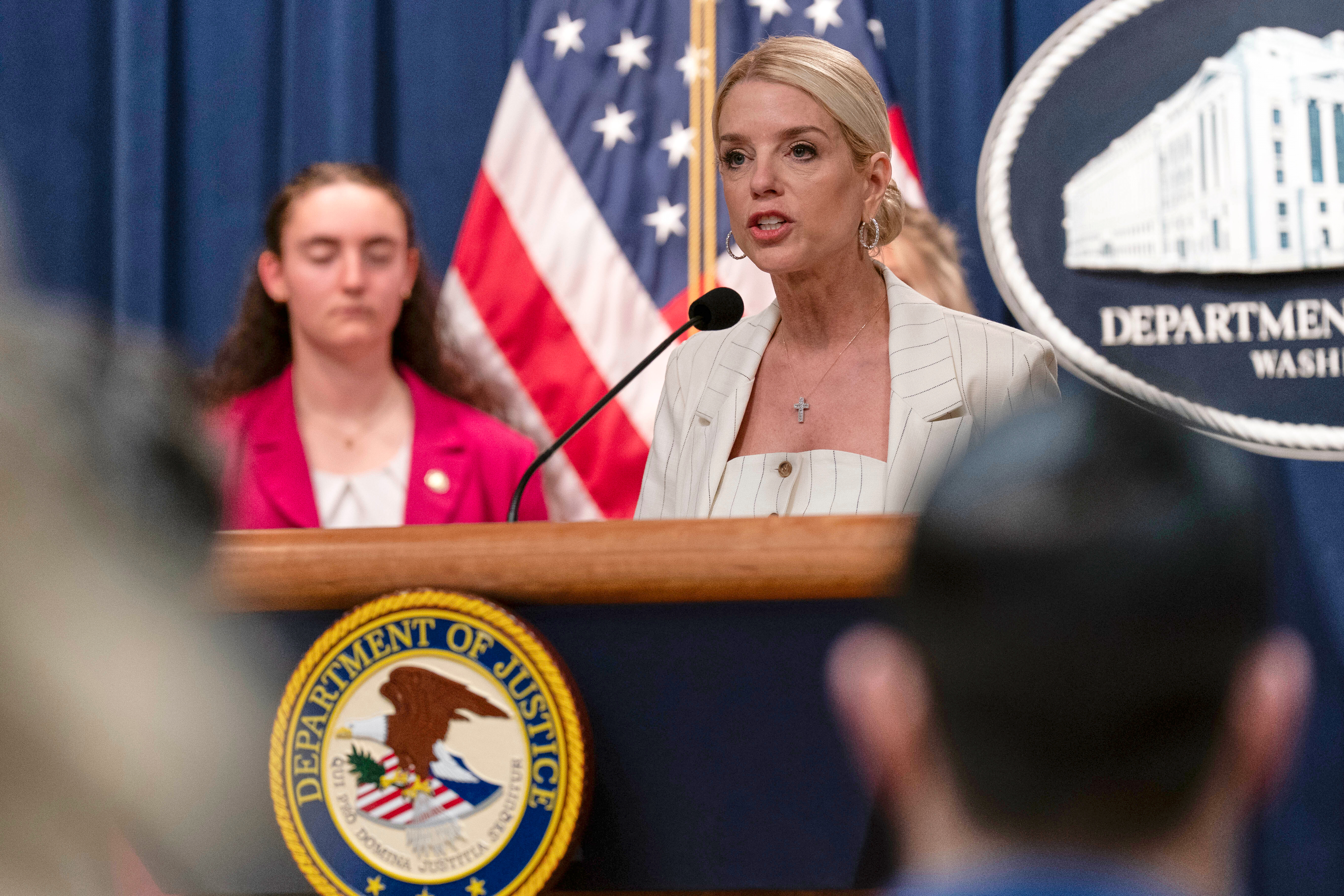There have been cold Iowa caucuses in the past, but Monday's gathering of Republicans will likely be the coldest on record. The National Weather Service is warning Iowans of wind chills of 30 to 45 degrees below zero throughout the weekend and into Monday and Tuesday.
Forecasters say the wind chills could be cold enough to cause frostbite within 10 minutes and that travel should be restricted to "emergencies only" this weekend.
Exacerbating issues, the region is expected to have a blizzard on Friday and Saturday, bringing 4-8 inches of snow along with winds gusting to 45 mph to much of the state, including the state's largest cities of Des Moines, Cedar Rapids and Davenport. That is on top of the 4-12 inches of snow that fell earlier this week.
It is unclear what impact the weather will have on the caucuses. In Des Moines, the high temperature on Monday is expected to reach minus 3, with the low dropping to negative 14.

How exactly do the Iowa caucuses work?
The state only offers 40 of the some 1,235 delegates needed to win the Republican nomination, but by being first in the country, it sets a tone.
The only other Iowa caucuses to have below-zero weather in Des Moines on caucus day were the very first Iowa caucuses in 1972. That year, the high temperature only reached minus 2 in Des Moines. The Des Moines Public Library estimates that about 20,000 Iowa Democrats caucused in 1972, a far cry from the nearly 200,000 who would show up in 2020.
Republicans did not hold their first Iowa caucuses until 1976.
Also, unlike most elections which have all-day voting and absentee balloting, caucusing on Monday is done in person in the evening. Balloting starts right at 7 p.m. on Monday across the state. Voters who are late might not be allowed to vote, so Iowa Republican officials are urging residents to come early.
Here is a look back at the weather in Des Moines, the state's largest city, for past Iowa caucuses, according to the National Weather Service:
2020: Average temperature: 32.5
Snow: None
Precipitation: None
2016: Average temperature: 37
Snow: None
Precipitation: None
2012: Average temperature: 25
Snow: None
Precipitation: None
2008: Average temperature: 17
Snow: None
Precipitation: None
2004: Average temperature: 9
Snow: None
Precipitation: None
2000: Average temperature: 23
Snow: None
Precipitation: None

Why Iowa goes first in nominating presidential candidates
Although the U.S. has been electing presidents since the late 1700s, it was not until 1972 that Iowa held its first caucuses.
1996: Average temperature: 26
Snow: Trace
Precipitation: Trace
1992: Average temperature: 34
Snow: 0.2 inches
Precipitation: 0.05 inches
1988: Average temperature: 23
Snow: 0.5 inches
Precipitation: 0.05 inches
1984: Average temperature: 35.5
Snow: None
Precipitation: None
1980: Average temperature: 28.5
Snow: Trace
Precipitation: Trace
1976: Average temperature: 24.5
Snow: Trace
Precipitation: Trace
1972: Average temperature: Negative 6
Snow: None
Precipitation: None









